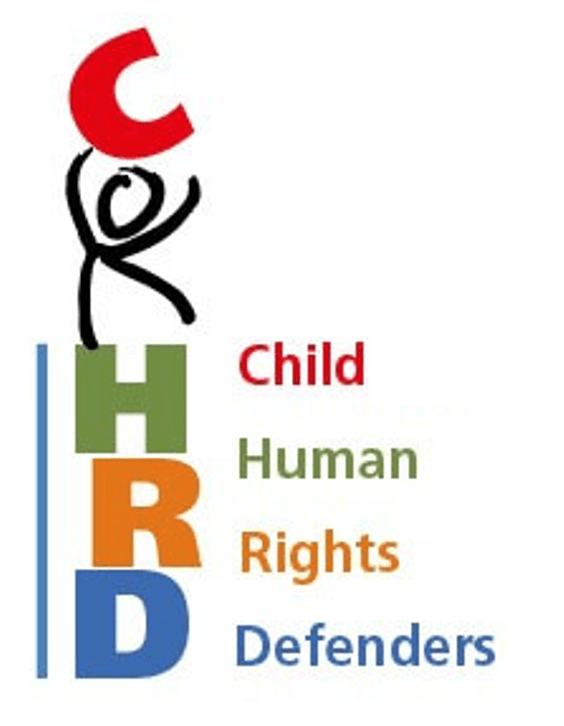Child Human Rights Defenders
Interactive
Implementation Guide
5.3. Public Awareness and Training for Professionals
CRC Article 42
Parties undertake to make the principles and provisions of the Convention widely known, by appropriate and active means, to adults and children alike.
DHRD Article 15
The State has the responsibility to promote and facilitate the teaching of human rights and fundamental freedoms at all levels of education and to ensure that all those responsible for training lawyers, law enforcement officers, the personnel of the armed forces and public officials include appropriate elements of human rights teaching in their training programme.
DHRD Article 16
Individuals, non-governmental organizations and relevant institutions have an important role to play in contributing to making the public more aware of questions relating to all human rights and fundamental freedoms through activities such as education, training and research in these areas to strengthen further, inter alia, understanding, tolerance, peace and friendly relations among nations and among all racial and religious groups, bearing in mind the various backgrounds of the societies and communities in which they carry out their activities.
States are under a general obligation to promote public awareness of human rights among the general public and a specific obligation to promote awareness of the CRC and thus children’s rights. Articles 15 and 16 of the Declaration underline the need for human rights education and training to enable the work of all HRDs. The importance of public awareness strategies, including for parents, along with specific training for professionals such as teachers and the police cannot be understated for CHRDs, many of whom report resistance to their activities from non-State actors. The barriers which result from this can take a number of forms: reluctance to accept that children have rights; reluctance to accept that children can or should act as HRDs; and a lack of awareness of the scope or nature of children’s human rights which results in adults adopting positions that emphasize protection rather than empowerment. Schools and NHRIs have a significant role to play in promoting understanding and awareness of children’s human rights with children, parents, professional who work with children and the public (see sections 3.3 and 4.1). However, it should not be left to them alone.
Statutory Duty to Promote Knowledge of the Convention
Under the Rights of Children and Young Persons (Wales) Measure 2011, Welsh Ministers must take such steps as are appropriate to promote knowledge and understanding amongst the public (including children) of the Convention and the Protocols.
